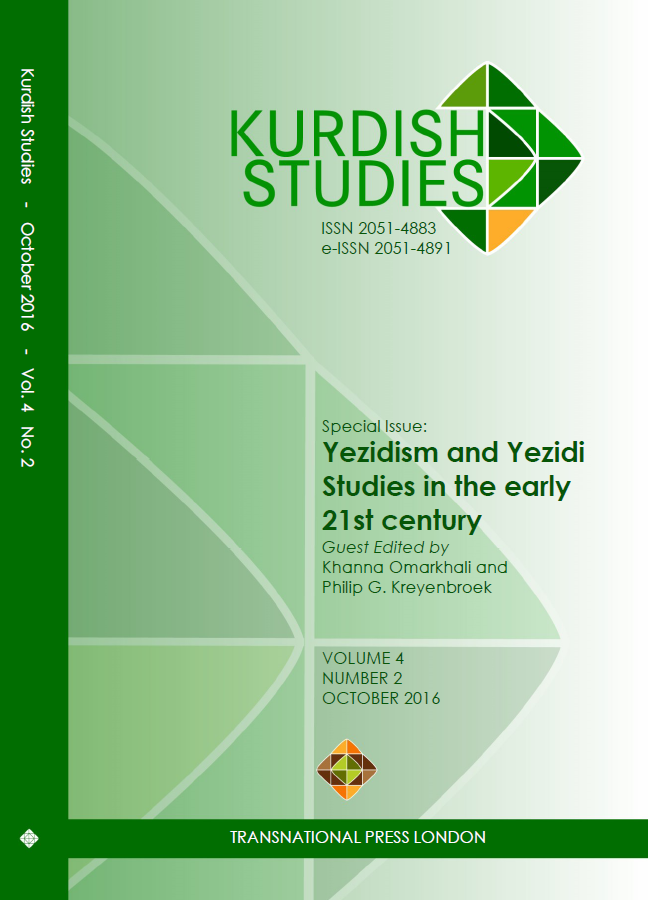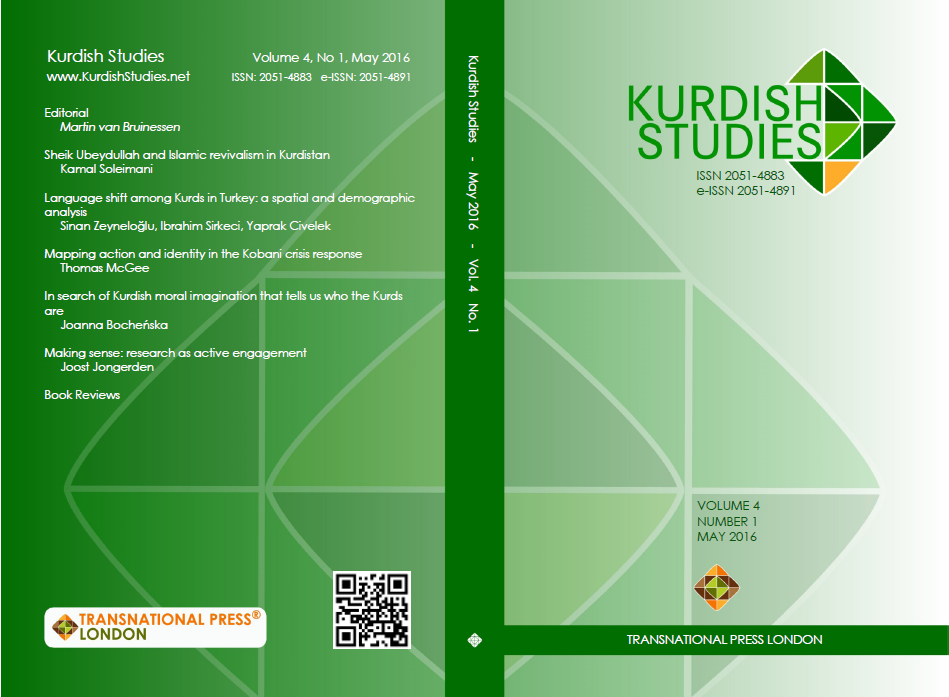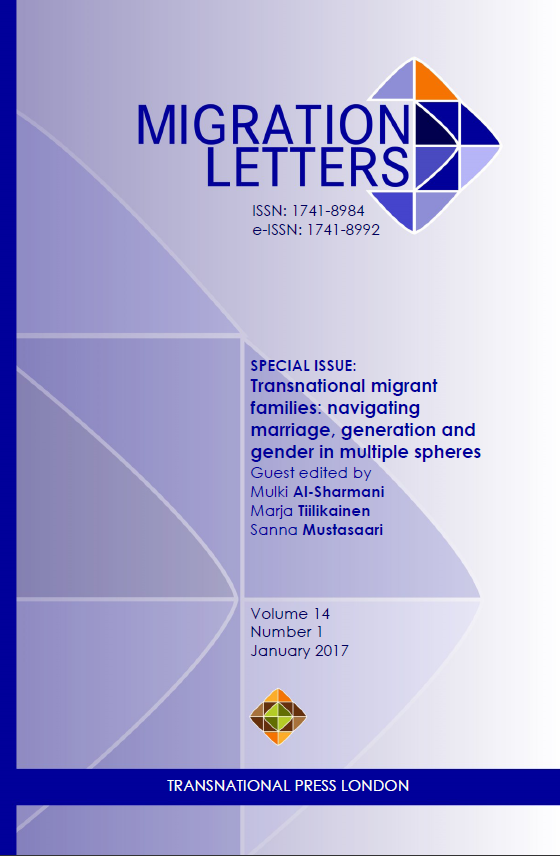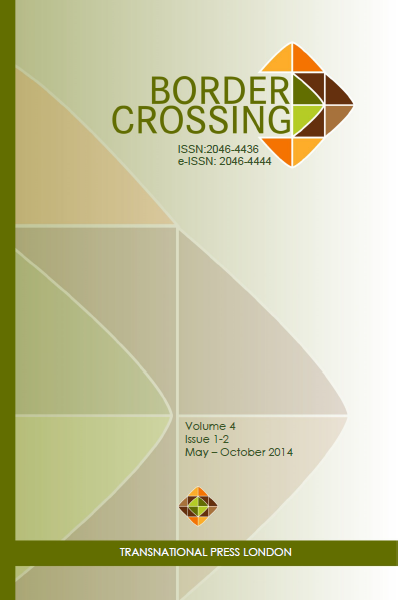РУССКИЙ МИФ В СЛАВЯНСКОМ ФЭНТЕЗИ
The paper discusses the specificity and mechanism of construction of the Russian myth in the Slavic fantasy at the turn of the 20th and 21st centuries. The sociopolitical context provoking actualization of the Russian myth is analyzed. The variants of its presentation and simulation peculiarities are described. The Russian myth is constructed based on three main lines. First, the system of traditional national identificators is reconsidered in the Slavic fantasy. Secondly, a new pantheon of national heroes is formed, thereby invoking the narratives of Oleg and Vladimir. Thirdly, the process of national reidentification based on the revision of national auto- and heterostereotypes is widely represented.
More...



